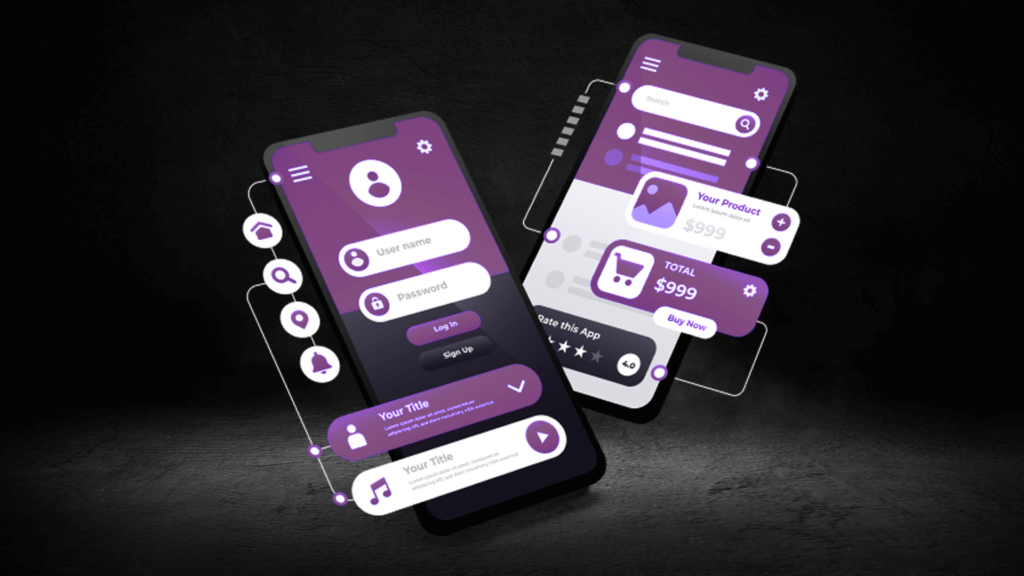
Introduction
The world today is a global village where businesses are merged into one another. In such a time, how can an app be successful without the ability to comply with other platforms and services? Yes, apps that are mostly used today can be seamlessly connected to multiple other software systems in order to share data and information. How? One of the main tools used in the process is known as API (Application Programming Interface). What is an API, and what is its role in connecting websites and apps? These are the questions we are going to answer in the blog. Put on your reading glasses and dive into this insightful piece of writing. At the end, you will be able to connect with a leading app development company for all-in-one mobile app solutions.
What is an API?
Application Programming Interface, abbreviated as API, refers to a set of protocols and rules that enable different software applications to communicate with each other to share data and resources. It serves as a tool that facilitates seamless connection and effective communication among websites, apps, and external services. They further help software applications exchange data, integrate third-party services, and add complex features without building them from scratch.
Why APIs Are Crucial for App and Website Development
With the advancement in the digital world, users expect and, in most cases, demand a seamless experience using different services and platforms. In such a situation, APIs become necessary as they allow users to build mobile apps that work seamlessly across various devices, leaving users satisfied and happy.
Read ahead to learn the process:
Simplifying Integration with Third-Party Services
Mobile app solutions, whether for e-commerce, social networking, or finance, often need to integrate with third-party services like payment gateways, maps, or analytics tools. APIs simplify this process by providing a structured way to access these services. Instead of building these functionalities from scratch, developers can leverage APIs from trusted providers, significantly reducing development time and cost.
Enhancing User Experience
APIs are pivotal in providing a smooth and personalized user experience. When building a mobile app, an API can retrieve data from a web server, update the user interface in real-time, and enable features such as notifications, social media sharing, and live updates. With APIs, apps can access vast amounts of data and services, making it easier for developers to create rich, interactive, and user-friendly mobile app solutions.
Scalability and Flexibility
As your app or website grows, scalability becomes a key consideration. APIs allow developers to easily scale and update the app without affecting its overall functionality. They can connect new services or update existing integrations, ensuring that the app remains adaptable to future demands.
Cost Efficiency
Building everything from scratch can be costly, especially when it comes to complex features. APIs reduce the need to reinvent the wheel by allowing app developers to leverage pre-built services. Instead of building a recommendation engine or a cloud storage solution from the ground up, an app development company can integrate third-party APIs, saving time and resources.
Conclusion:
APIs have become an indispensable tool in the modern app and website development process. By connecting apps and websites to external services, APIs enhance functionality, improve user experience, and enable businesses to scale quickly and efficiently. Whether you’re a startup looking to build your first mobile app or an established company seeking to refine your digital presence, collaborating with a skilled app development company can ensure you make the most out of APIs. Still, if you need further insights, you can reach out to us at Apps Vision Tech.





